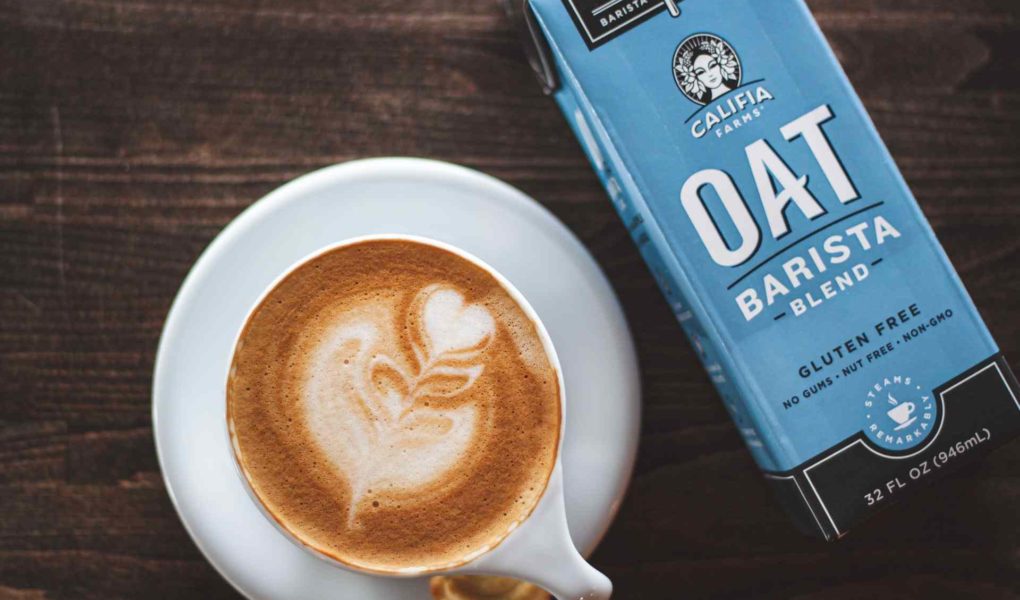Whether you can’t drink milk for health reasons or don’t want to drink it due to taste or a diet, don’t worry, there are plenty of milk alternatives out there. There is always the option of drinking coffee black, but for many, black coffee doesn’t taste good. We have rounded up the best milk alternatives for coffee, so you never have to worry about enjoying a cup of joe with added calories or a bitter black coffee.
Milk alternatives are not only for people wanting to avoid milk, it can also be a creative way to make new coffee recipes for baristas, cafes, and even yourself. Some milk alternatives are sweet and some have nutty flavors, this can impact the flavor of different types of coffee greatly.
What’s the Point of Milk in Coffee?
Milk contributes to the flavor, texture, and taste strength of a coffee. By adding milk, the coffee notes are suppressed, leaving a milky taste with a hint of coffee. When milk is steamed, for lattes as an example, it is heated into a smooth velvety texture which makes up the entire basis of certain coffee drinks.
Many popular coffee drinks around the world are milk-based, including:
- Latte
- Cappuccino
- Flat White
- Cortado
- Mocha
Take the milk away, you get an entirely different recipe and drink.
Related article: Best decaf coffees.
Why Are Milk Alternatives So Important?
Milk is a staple in many people’s diets, but for those with lactose intolerance or dairy allergies, a cup of coffee with milk is out of the question. For many, drinking coffee black just doesn’t taste right, and the only way to get the caffeine hit, is to add milk.
Milk alternatives have been around for a while now and they are becoming more popular than ever before. People who cannot drink milk due to allergies or who choose not to drink milk due to their vegan diet for example, now have many options available.
Almond milk coffee is one of the most popular options that people are craving right now because it tastes great, and is healthier for you than regular coffee and other dairy products.
There is also an element of variety and a need to stand out from society that comes into play here. People like having new and creative options to choose from when ordering, and some people just prefer to be different.
A Note to Consider
The taste you can get from using a milk alternative can depend on several factors including how much sugar is added, how much of the alternative is used, the roast type of the coffee, the strength of coffee, and even the temperature.
We have done our best to use the same coffee, same brewing method, and exact same processes to evaluate the taste. However, this will be subjective and you should consider your own preferences and taste when switching to a milk alternative for coffee.
6 Best Milk Alternatives for Coffee
1. Almond Milk
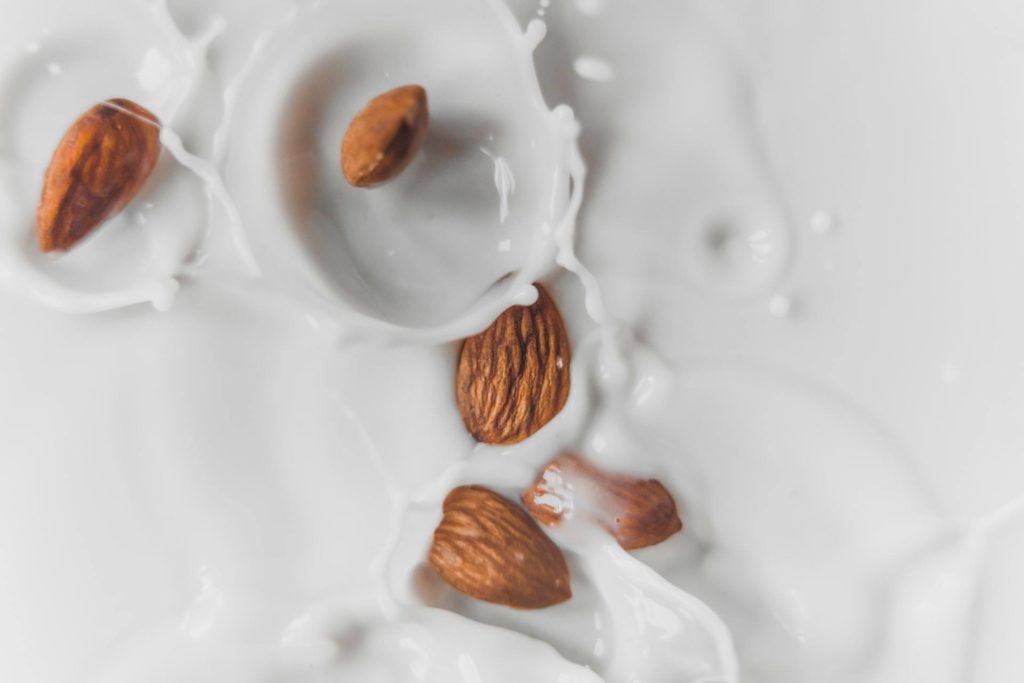
Almond milk is a nut milk and is a great milk alternative for coffee. It has been gaining popularity in recent years as a healthy and delicious way to add some variety to your morning coffee or iced coffee. Almond milk is made from almonds, and it contains no sugar, lactose, gluten, or cholesterol. It also has about half the calories of regular milk.
You can purchase almond milk in a sweetened or unsweetened version. Whichever one you choose, will have an entirely different taste with your coffee.
Taste: Almond milk adds a nutty taste to your coffee and can create a slightly bitter/unsavory aftertaste. The best way to counteract this is to add sugar or syrup to balance the bitterness. Also try the sweetened version of Almond milk.
2. Coconut Milk
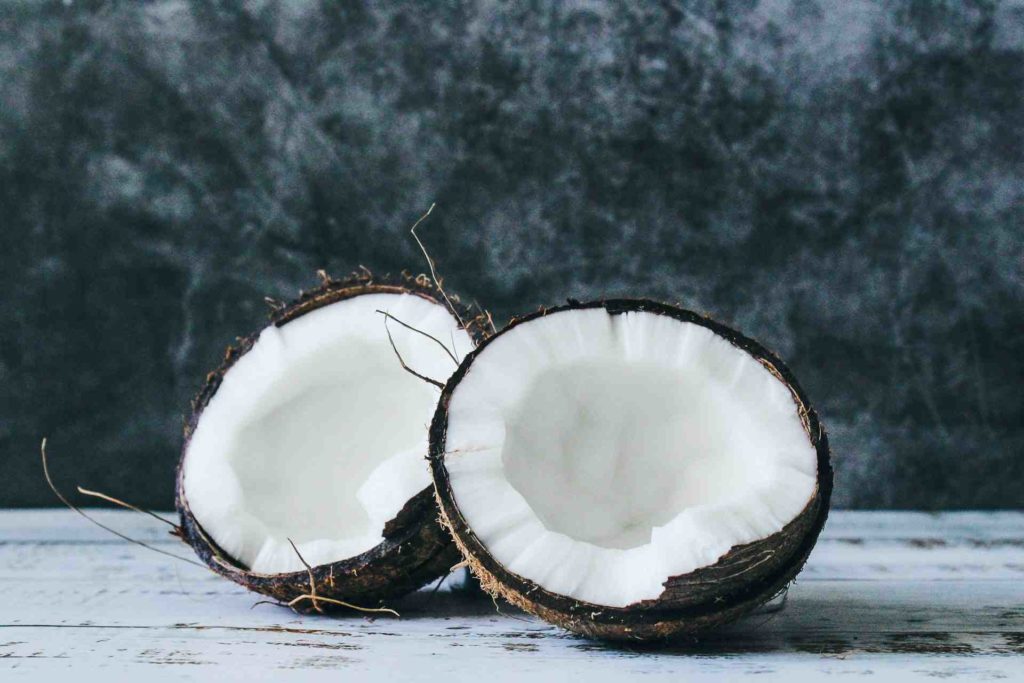
Coconut milk is a healthy substitute for dairy milk. It has a similar consistency and is packed full of healthy goodness. It is an excellent alternative that can be used in place of regular milk or cream in your cup of joe to give it a different flavor and texture.
Coconut milk has many benefits over other types of milk or cream:
- It’s lactose-free
- It’s vegan
- It has less sugar than dairy or almond milk
- It contains more potassium than dairy or almond milk
- It’s packed full of healthy fats
Taste: It is slightly sweeter than other kinds of milk, with a hint of coconut flavor, unsurprisingly. When mixing with coffee, you will likely taste more of the coconut than the coffee itself, unless using a strong-tasting coffee.
3. Rice Milk
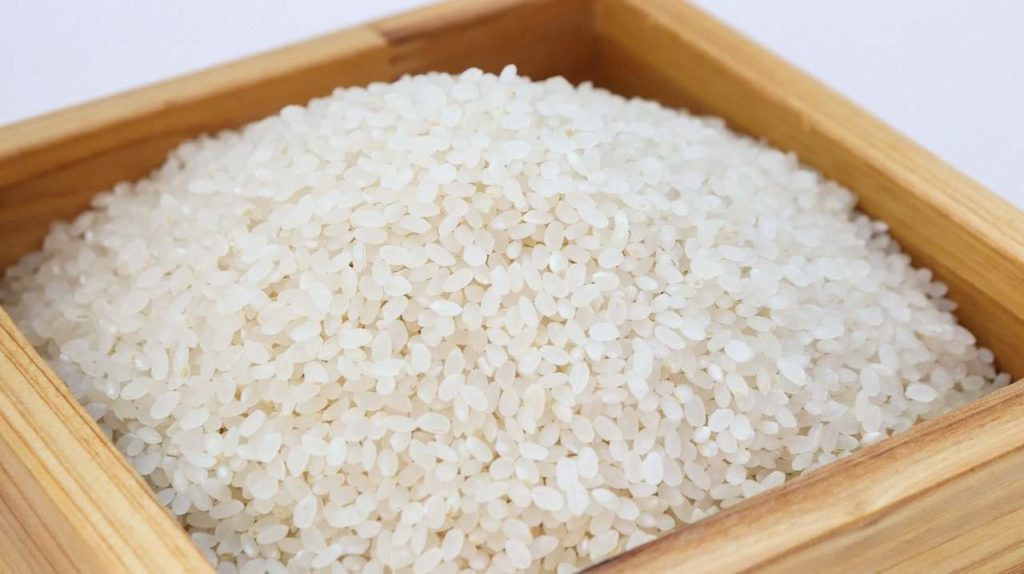
Rice milk is a popular drink for people with food allergies, especially nut allergies. It’s also considered a healthy alternative to dairy milk. Rice milk is made from ground rice and water and can be consumed as-is or used in recipes.
There are many health benefits of drinking rice water; it can aid weight loss, it contains high levels of potassium, which can help balance out the effects of sodium on blood pressure levels. It also contains high amounts of vitamin B12 and phosphorus, which are essential nutrients for energy production and bone health. Plus, it’s low in calories!
What does rice water do for you? Rice water is a great source of protein and fiber, two nutrients that are often lacking in our diets. It’s also rich in antioxidants like vitamin A and beta-carotene.
Taste: Rice milk is a more ‘watered down’ version of other milks. It doesn’t have any strong flavors and you will likely not notice a difference in taste, only that your coffee will taste stronger. Be careful adding too much rice milk as you could dilute the coffee and end up with a flavorless cup.
4. Soy Milk
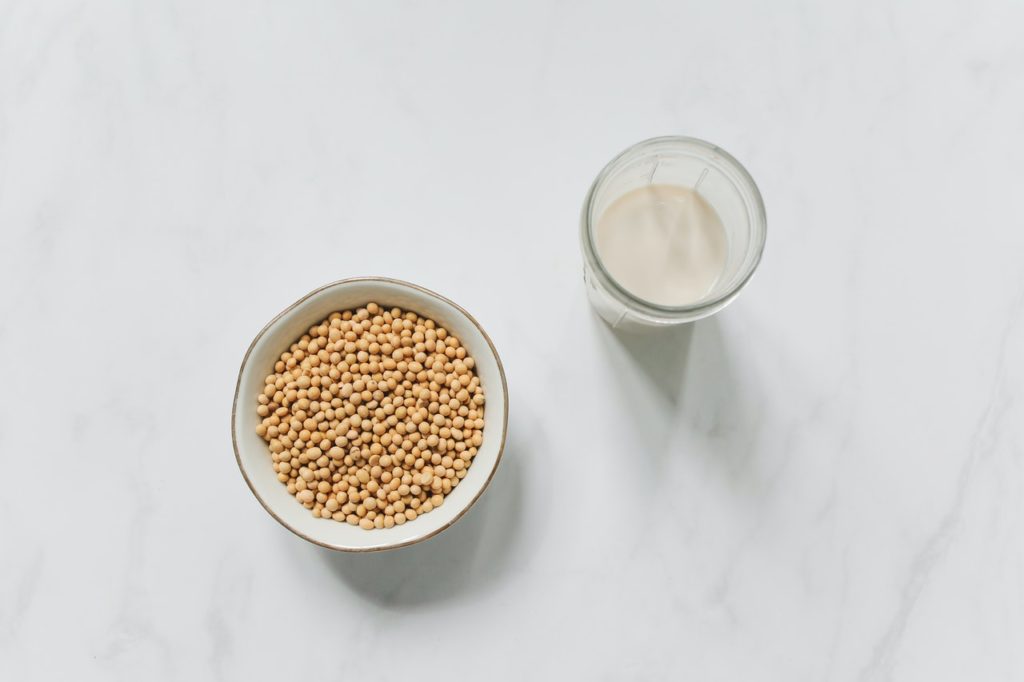
Soy milk is a plant-based dairy alternative that is made by soaking soybeans in water, grinding them into a pulp, and then boiling the mixture. Soy milk has been a popular substitute for coffee for quite some time now. It is one of the most common alternatives to dairy milk, which is usually used as a coffee creamer.
There are two types of soy milk – whole and skimmed. Whole soy milk contains all the fat, protein, and carbohydrates of the original soybean while skimmed contains very little fat and carbohydrates.
Taste: Soy milk is creamy but it doesn’t boast a strong flavor, so you likely won’t be able to notice it as the coffee flavor will be prominent.
5. Hemp Milk
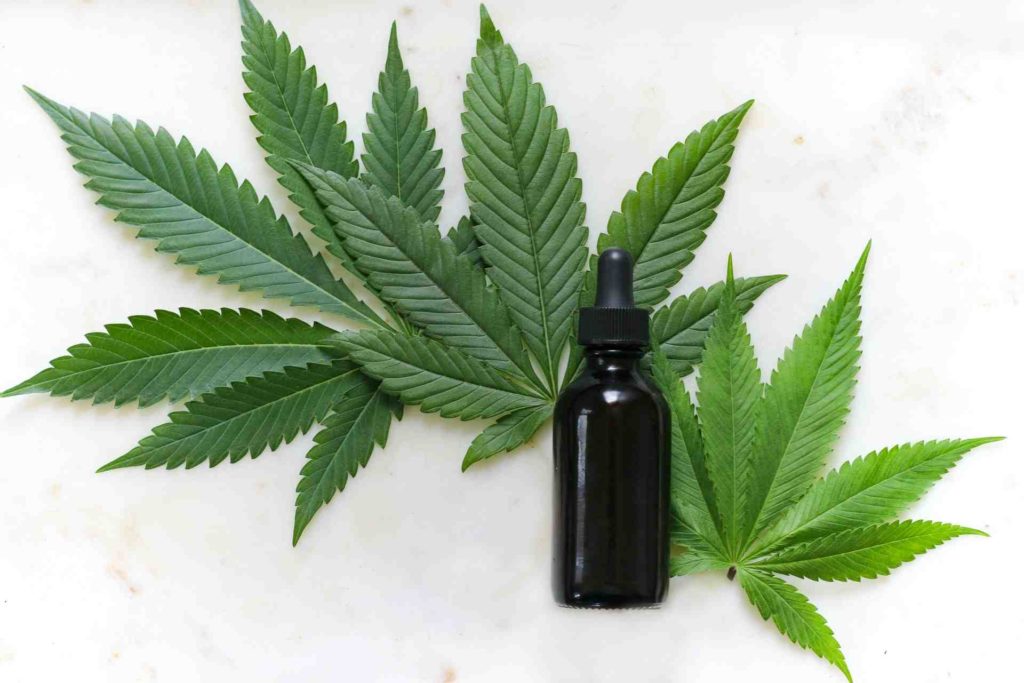
Hemp milk is a vegan, lactose-free, and cholesterol-free alternative to dairy milk. It is made from hemp seeds, water, and a pinch of salt. The seeds are soaked in water overnight and then blended with water until desired consistency is achieved.
Hemp milk is a great alternative for those who are lactose intolerant and want to drink milk. It has all the essential nutrients that you need like omega-3 fatty acids, protein, iron, potassium, magnesium, zinc, etc.
Taste: Hemp milk has a nutty or earthy taste but it’s not as strong as the coffee notes. So you will notice a difference in overall flavor but should still be able to taste the coffee.
6. Oat Milk
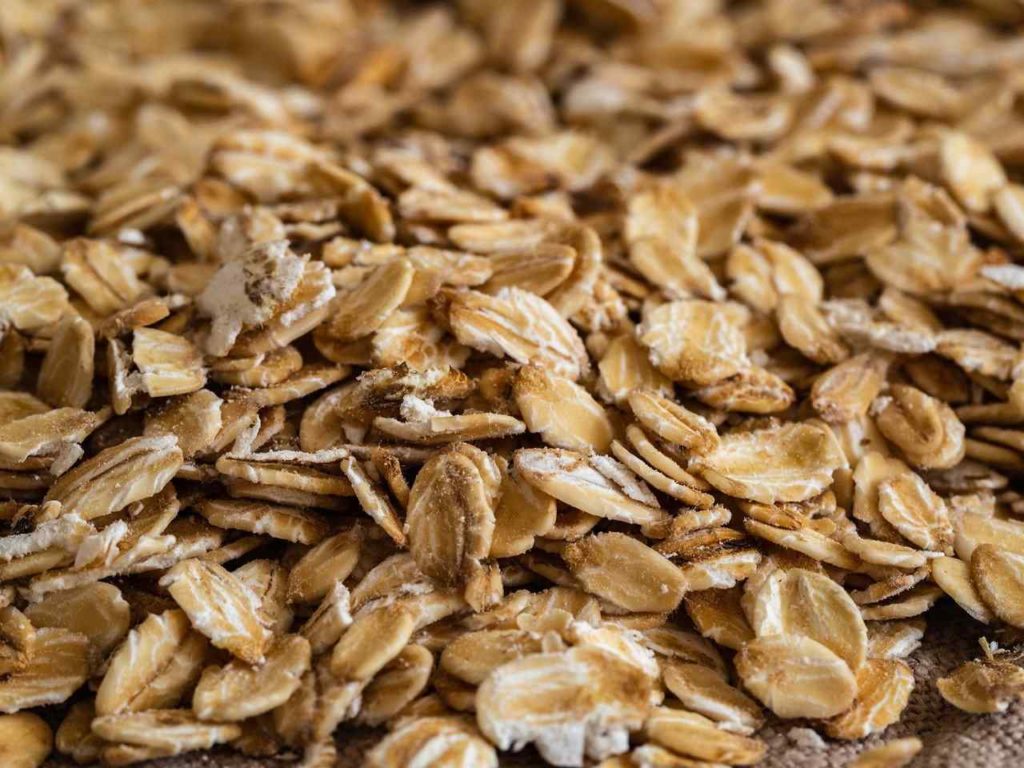
Oat milk is a very healthy milk alternative for coffee. It is dairy-free and low in fat, and also a great source of fiber. It’s packed full of healthy vitamins and is cholesterol-free, which is a great option for those who have high cholesterol.
There are many other claimed health benefits to oat milk, including reduced risk of heart disease, strengthening the bones, and regulating your blood sugar levels. This can be negated if you purchase artificially sweetened versions of oat milk though.
Taste: Oat milk is a close contender to cow’s milk as it is thick and creamy. It has a slightly wheaty or earthy flavor, which can impact the overall taste of the coffee.
7. Cashew Milk
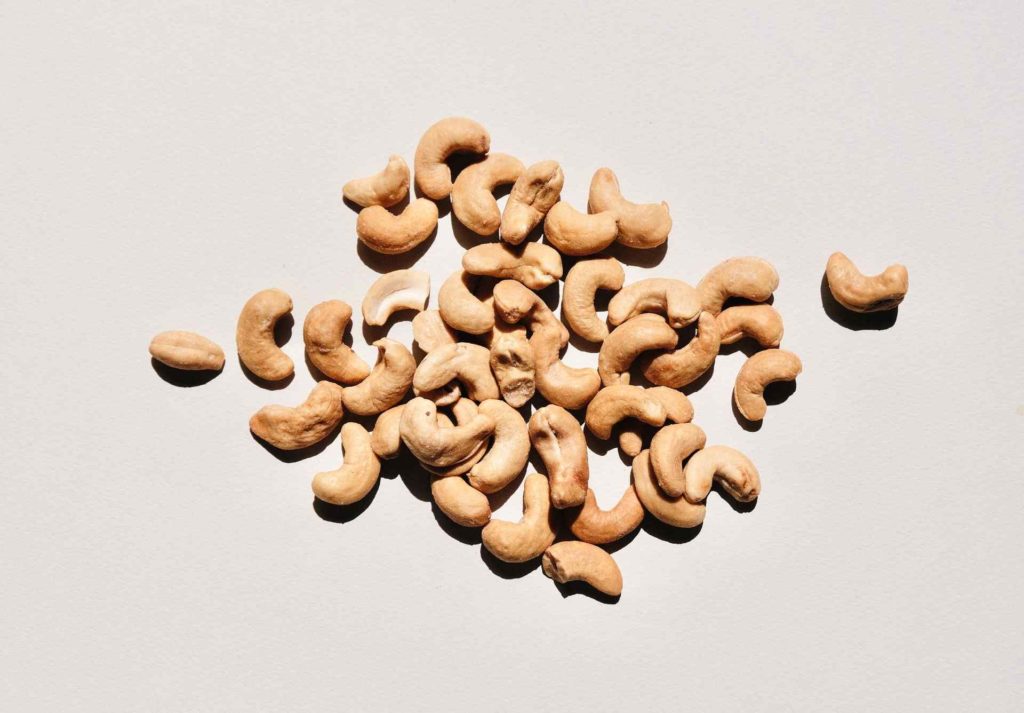
Cashew milk is packed full of healthy nutrients and vitamins, it is also another one that is a close replacement for cow’s milk. There are added claimed health benefits that include improved heart health, improved blood clotting, and regulating blood sugar levels.
It is also said that cashew milk is high in antioxidants, can boost your immune system, and even be good for your skin. It is one of the best milk alternatives for coffee but it also comes at a price; cashew milk is one of the more expensive options.
Taste: This is probably one of our favorites, you get a hint of nut but overall a sweet flavor and a smooth texture. The milk isn’t too overpowering for the coffee either.
Which Milk for Coffee is Healthiest?
Each milk has its own benefits that cannot be determined as “the healthiest”. However, the milk alternatives for coffee included in this list can be considered as healthy due to their vast amount of nutrients and vitamins. Healthline actually sums this up with the healthiest milk options.
The Final Sip
When it comes to the best milk alternatives for coffee, there are many options to choose from, most of them even healthier than milk itself. You should try different types of milk, different recipes, and types of coffee until you find the perfect match for your taste buds.

